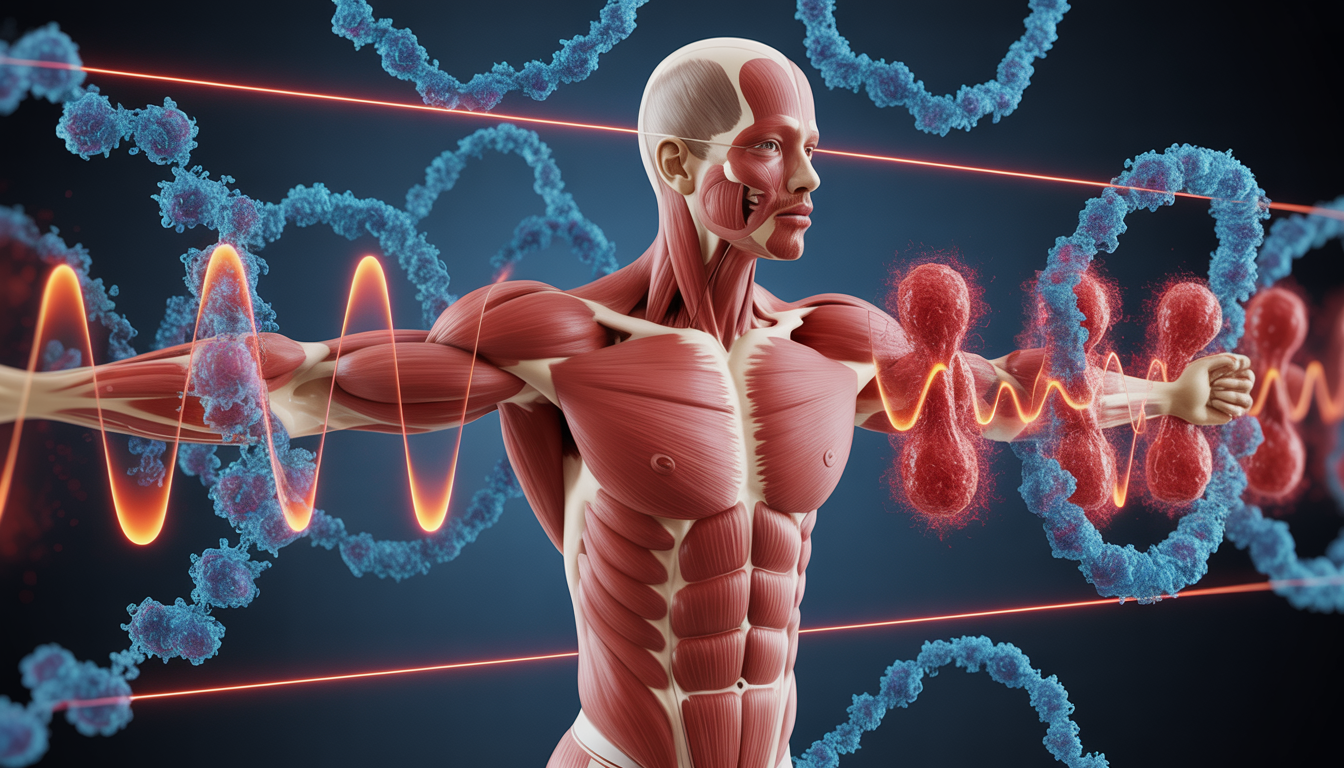


Grains of Paradise Supplement Insights
Herbal extracts are popular components of nutritional supplements. They can be concentrated in chemicals that are particular to the plant from which they were extracted. All plants have unique mechanisms by which they defend themselves from environmental stress. That stress can come in the form of predators like insects or oxidative stress like free radicals. Thus, the unique compounds that these plants make are often antioxidants that fight off free radical tissue damage.
Our bodies are constantly exposed to potentially damaging free radicals. Free radicals are produced during physical stress (such as exercise) and during environmental stress (such as toxin exposure). When eaten regularly, the fruits and vegetables we eat provide us with ample amounts of antioxidant compounds. However, many of us fail to include adequate amounts of green veggies in our diets. Thus, many look for the easy way out by using concentrated antioxidants in the form of herbal extracts.
Although moderate use of these extracts can improve your health and performance, there are some downsides to getting the antioxidants we need from extracts. First of all, free radicals produced during exercise are necessary to induce adaptations to exercise.1 If you consume super concentrated extracts of excessive antioxidants, you run the risk of blocking some of the benefits of your exercise. Second, extracts don't give you the benefit of other nutrients and combinations of compounds found in whole foods. When you eat green, leafy veggies you get fiber, vitamins, minerals and multiple antioxidant varieties that keep each other in check. Finally, antioxidants can also become pro-oxidant, meaning they can make tissue-damaging free radicals.
The potentially damaging effects of antioxidant extracts have become increasingly evident in case reports involving the most abundant extract, green tea extract (GTE). GTE is sold almost ubiquitously in foods and supplements for both its antioxidant effects and its ability to improve fat burning, making it very popular.
Green Tea Extract
A recent case report in the Journal of Ethnopharmacology described a patient who developed severe acute hepatitis after using concentrated green tea extract.2 The authors showed a "probable" association of consuming 725 milligrams of GTE for ~six weeks and the induction of hepatitis in a patient being treated for breast cancer. They acknowledged the potential liver toxicity of anastrozole (Arimidex) that the patient was on, and even suggested that it could be due to a combined insult to the liver. This should be a warning for bodybuilders who use drugs like anastrozole for estrogen blockade while on other liver-toxic drugs like Anadrol or other oral steroids. Further studies suggest that GTE may even act as a pro-oxidant in some situations that can be counteracted by N-acetylcysteine (NAC).3
Grains of Paradise Benefits
In light of this evolving data on GTE, companies have been exploring other extracts to improve fat burning and metabolism. One of recent interest is the grains of paradise supplement (Aframomum melegueta) extract, also known as guinea pepper or alligator pepper in the same family as ginger. Grains of paradise is a spice seed that is rich in compounds similar to capsaicin, which activates vanilloid receptors, turning on fat burning brown fat (brown adipose tissue) and the sympathetic nervous system.4 Subjects given 30 milligrams of grains of paradise extract for four weeks showed statistically significant elevations in whole-body energy expenditure by ~100 calories per day and had reductions in unhealthy visceral fat. Previous studies by the same author demonstrated that subjects with active brown fat (everyone has different amounts of brown fat) responded to grains of paradise supplementation with greater energy expenditure than those without active brown fat.5 In extraordinarily high doses of 450 and 1,500 milligrams per kilogram bodyweight, grains of paradise extracts result in elevations of liver enzymes in animal toxicity models, with potential concerns of liver toxicity.6
Dr. Victor Prisk is a board certified orthopaedic surgeon and IFBB professional bodybuilder in Pittsburgh, PA. Dr. Prisk is an active member of the GNC Medical Advisory Board and creator of the "G.A.I.N. Plan." He is an NCAA All-American gymnast, champion swing dancer and NPC Welterweight National Champion.
References:
1. Draeger CL, et al. Controversies of antioxidant vitamins supplementation in exercise: ergogenic or ergolytic effects in humans? J Int Soc Sports Nutr 2014;Feb 19;11(1):4.
2. Pillukat MH, et al. Concentrated green tea extract induces severe acute hepatitis in a 63-year-old woman - A case report with pharmaceutical analysis. J Ethnopharmacol 2014; May 24.
3. Tao L, et al. The role of the mitochondrial oxidative stress in the cytotoxic effects of the green tea catechin, (-)-epigallocatechin-3-gallate, in oral cells. Mol Nutr Food Res 2014;Apr;58(4):665-76
4. Sugita J, et al. Daily ingestion of grains of paradise (Aframomum melegueta) extract increases whole-body energy expenditure and decreases visceral fat in humans. J Nutr Sci Vitaminol (Tokyo) 2014;60(1):22-7.
5. Sugita J, et al. Grains of paradise (Aframomum melegueta) extract activates brown adipose tissue and increases whole-body energy expenditure in men. Br J Nutr 2013;Aug;110(4):733-8.
6. Ilic N, et al. Toxicological evaluation of grains of paradise (Aframomum melegueta) [Roscoe] Schum K. J Ethnopharmacol 2010;Feb 3;127(2):352-6.




